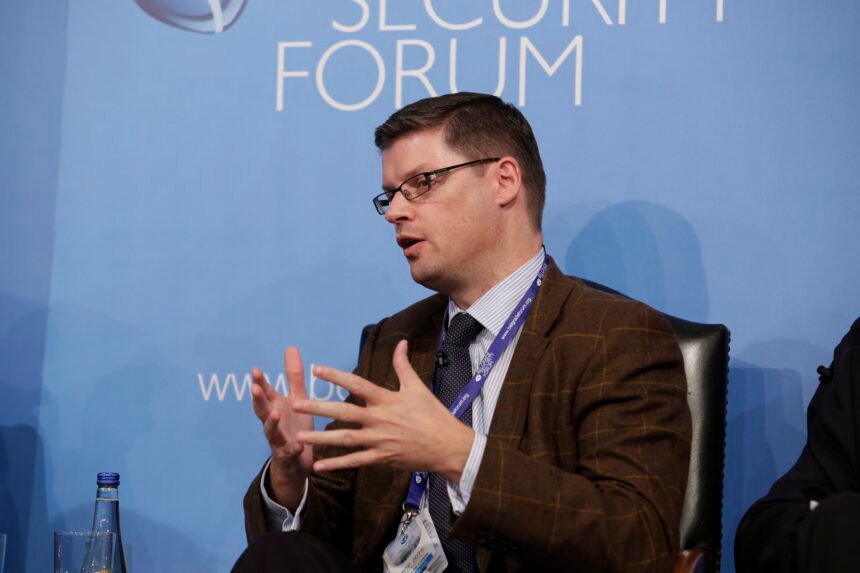James Ker-Lindsay, a professor at the London School of Economics, does not see it as possible for Serbia to march its troops into Kosovo to reclaim it by force.
In response to a question about the risk of Serbia using force to retake Kosovo without facing consequences, particularly if the EU becomes dependent on Serbia’s lithium, Ker-Lindsay firmly stated:
“Absolutely not.”
He outlined several reasons why he believes this would not happen.
“A Serbian march into Kosovo would be a very hasty move. I think there are still NATO peacekeepers there. To be honest, regardless of what Serbian politicians say about ‘Kosovo being Serbia,’ there are still some very important elements to discuss. But I say, if Serbia attempts to take Kosovo by force, it would face a very large proportion of around 2 million people who simply do not want to be part of the Serbian state,” said the British professor.
According to Ker-Lindsay, any potential attempt to retake Kosovo would be extraordinarily costly for Serbia because it would need to provide healthcare, education, and other services. He emphasized that “attempting to maintain peace and security there would be incredibly expensive and would come with an enormous cost, even for many ordinary Serbs.”
“Many Serbs would say they want Kosovo back, but the idea of using force would break relations with the EU, NATO… I just don’t see it happening,” he added.
However, Ker-Lindsay believes a solution for Kosovo is necessary. “I think Kosovo’s case has been handled very poorly, and I have spoken about this issue many times—there needs to be a proper, final solution to Kosovo’s status. There are ways to do this, but a Serbian march into Kosovo, even with lithium, is not something I see on the agenda.”
“Kosovo and Serbia are situations I know very well, and I have written a lot about them… There needs to be a solution, but the idea of Serbia retaking Kosovo by force—first of all, I don’t see it happening, and second of all, I don’t know why! Because it would create so many problems for Serbia, long-term problems, and even with lithium, no one would give them free passage,” said James Ker-Lindsay, Professor at the London School of Economics.







